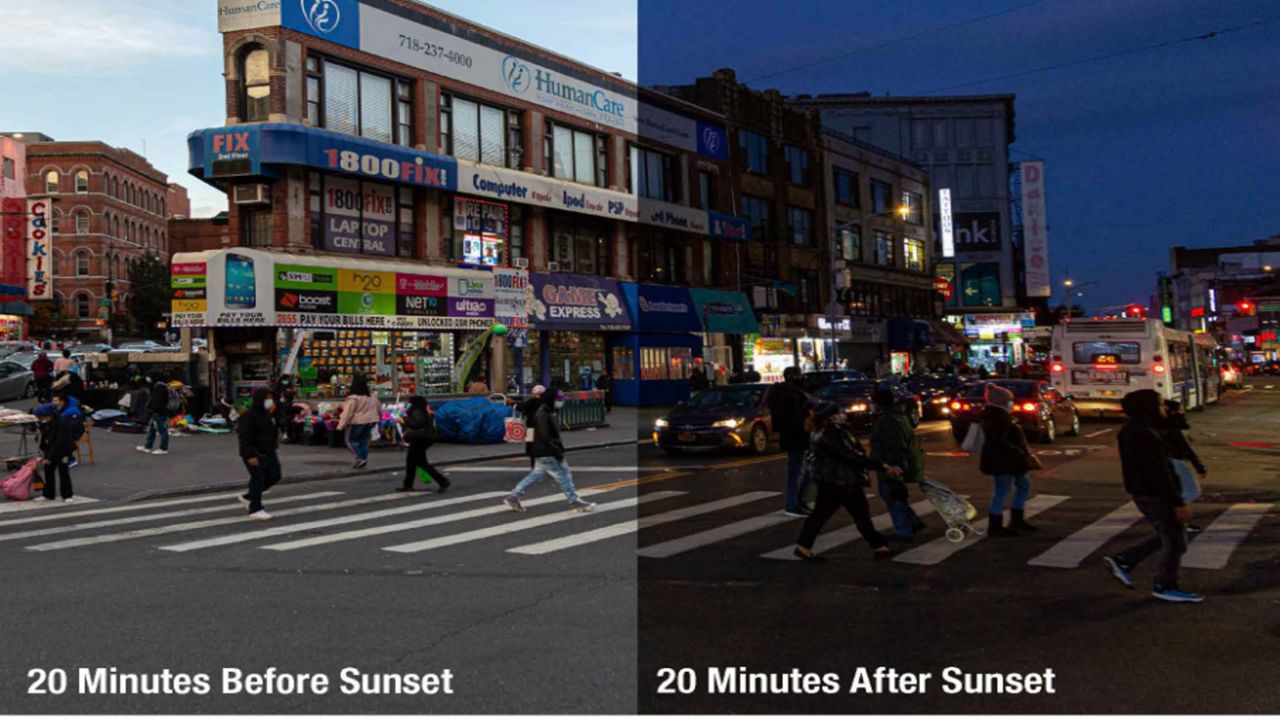Nostalgia. Story of a deadly emotion
by Thomas Dodman
Threshold, 314 p., € 23.50
Open Littré’s dictionary, published in 1872, to the word nostalgia. Surprised, read: Term of medicine. Thomas Dodman, a Franco-British historian who teaches at Columbia, explains it to us: Littré was right, the nostalgia that moves us today through sepia-colored photos or childhood memories, was until the end of 19And century a disease that we have caught, fatal at times. And the ravages of which have been observed in particular among the military.
A mysterious evil
The hare was bred in 1688 by a medical student from Mulhouse, Jean Hofer, in his thesis De Nostalgiawho created this neologism from the Greek nostothe return e wages, pain: a pathology that first deserved a nosology, then a clinic and sometimes even surgery. It was homesick, a nostalgia the Germans would say, a syndrome in the troops of the impossible return to their homeland, identifiable above all among the Swiss mercenaries demolished in Alsace: shocked as soon as they sang the Ranz des vaches of the Swiss shepherd; languish despite their proverbial courage as soon as they thought of the green pastures of their native village.
Evil also ran into the Swiss guards of Louis XIV as soon as the officers wanted to involve them in a more modern war that ignored the Ranz. In the XVIIIAnd century, military doctors were therefore preparing to understand if not to cure this mysterious disease and accumulated atmospheric, vitalistic, humoral explanations, through the racial degeneration of the mountaineers and even the agitation of “animal spirits”. But without being able to fully understand why he threw sailors into the sea dreaming of tender grass, nor how a “moral affection” or a “passion of the soul” could aggravate consumption or scurvy.
A widowhood with the “country”
The issue was even more serious with the wars of the Revolution and the Empire. Because the mass withdrawal then the generalized conscription made the strange evil epidemic, for example to Bretons deprived of their language, ariègeois of the Guard stranded in Poland or conscripts of 1813 who wanted to review their Vosges. So much so that this widowhood with the “country” reduced many troops to the state of “vegetation”, driving some to madness or suicide, despite the efforts of the health services and officers.
Then throughout the 19And century the disease has regressed. He remained terrible even during the Crimean War, disarming colonial troops, Alsatian pioneers in Algeria or exiles in New Caledonia. We still see it during the Great War, for example among the Basques who were so heroic on the Chemin des Dames. But the evolution of war itself and of modern civilization overcame it, when the leave was more regular, the military post was finally organized, communications multiplied, reducing the distance between the present and the past, violence so present of the war and the innate sweetness of the landscapes of the past.
So much so that our nostalgia for today has imposed itself, starting from the 1880s, as an intimate trait of memory and history rather than as a geography of uprooting. It has gone from military to civil, from malice to emotion, from pathological to banality inherent in the human condition. Proust’s madeleine rather than the Ranz des vaches.


